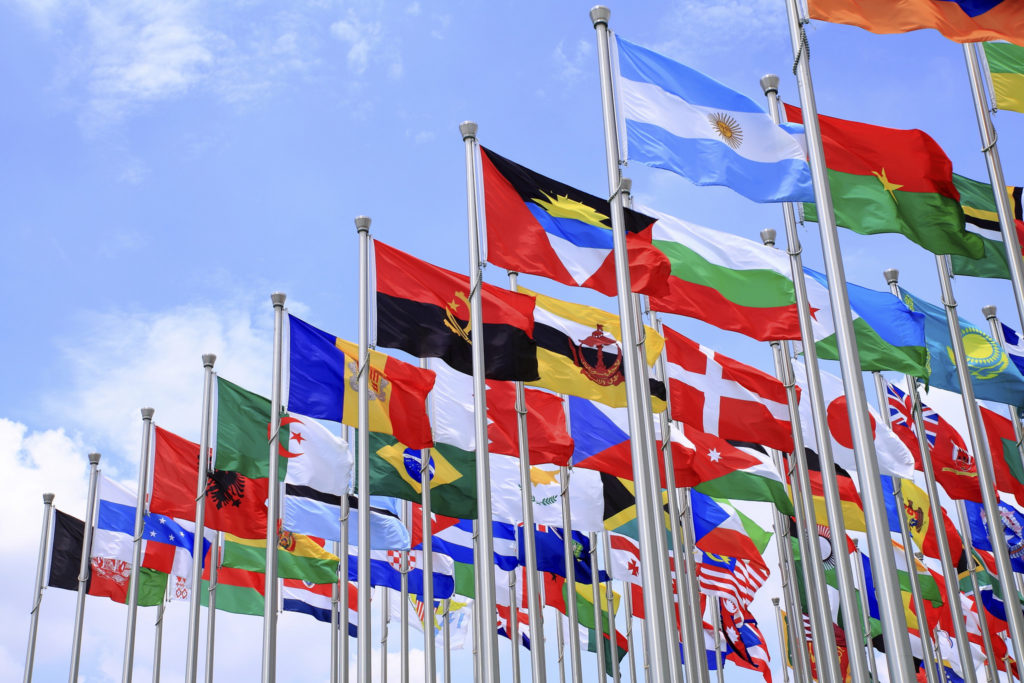In recent years, the development of new technologies and the growth of social media sites have helped rapidly progress the global citizenship movement. The impact of this growing phenomenon on higher education is palpable, with more students than ever studying abroad and striving to learn more about the world around them. While the concept of global citizenship is not a new one, it is becoming ever more important in our expanding and increasingly interconnected world.
Though countless organizations and institutions of higher education cite global citizenship as one of their primary missions, it is imperative that we think about what this term really means. Global citizenship is comprised of several elements, starting with a way of thinking across many communities, cultures, and ways of life. While our national identities are assigned to us at birth, a global citizenship takes time to develop, and can only be attained through life experiences. Our interpretation of our experiences, as well as increasing self-awareness, ultimately shapes our ability to become global citizens. This may transpire through a number of activities, from volunteer work in the community to traveling the world.
That said, it takes more than just a sense of self-awareness to achieve global citizenship; perhaps more important than self-awareness is awareness of others. And while global consciousness is a significant baseline for global citizenship, cultural empathy is even more paramount. The ability to question one’s own perspective on the world and to practice tolerance and understanding for other cultures is vital for critical thinking. Arguably the highest rank in global citizenship though is participation in the improvement of one’s society. Students striving to be global citizens have cited feeling connected to not only the betterment of the world, but also to their community. Through activism and wise decision-making, even the world’s most enduring issues such as hunger and poverty can be solved.
Here at EF, we believe that a global citizenship education is undoubtedly achieved through life experiences, and the development of these life skills begins with teaching our youth. World travel and educational touring introduces young people to new cultures, regions, and ways of life, thereby encouraging them to view the world through a new lens. By doing so, travel inspires the development of 21st century skills such as critical thinking, creativity, collaboration, and leadership.
Ultimately, through facilitating life experiences we hope to raise a generation of problem solvers, capable of tackling the world’s most pressing issues – environmental preservation, hunger, and poverty, for instance. Inciting students to critically think about the world, its multitude of cultures, and large-scale social problems is the first step to getting them, and future generations, involved in the solutions. With that in mind, we urge everyone to travel, make an effort to understand other ways of life, and work towards a healthier and happier globe.
Editor’s note (2021): This piece has been updated for clarity, accuracy, and relevance.
Related articles

